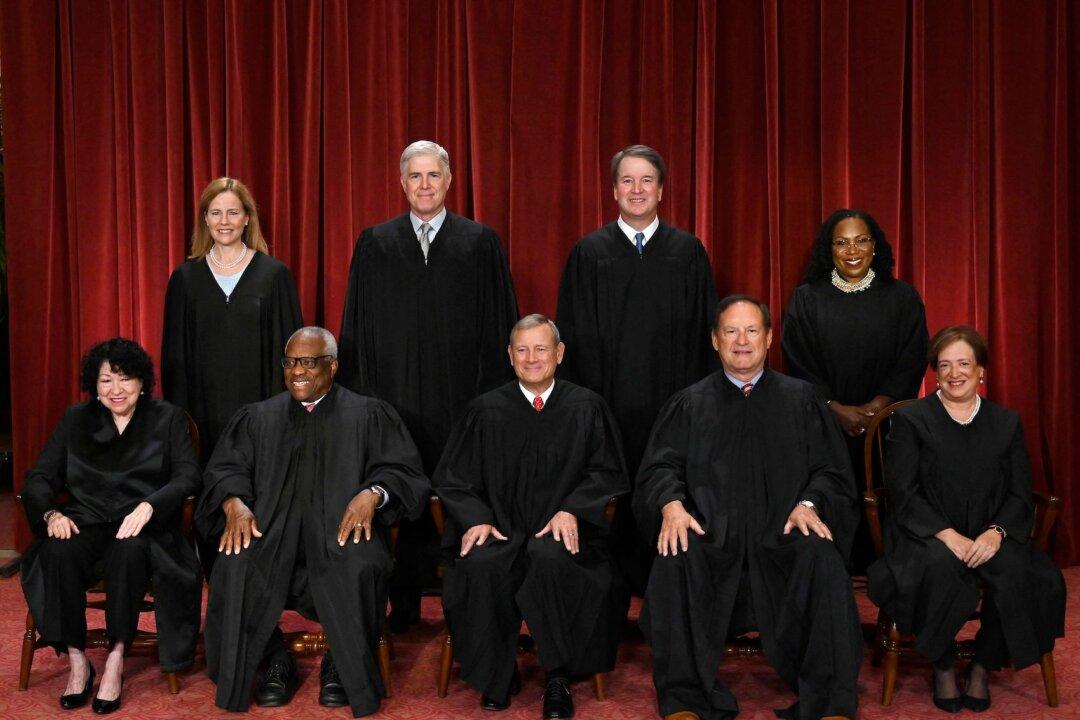The U.S. Supreme Court ruled on June 26 that another congressional map may have to be redrawn amid claims that it inappropriately dilutes the influence of black voters in the state.
“The writ of certiorari before judgment is dismissed as improvidently granted. The stay heretofore entered by the Court on June 28, 2022, is vacated,” the court wrote (pdf), before it said that the case needs to be resolved before congressional elections in Louisiana in November 2024. “This will allow the matter to proceed before the Court of Appeals for the Fifth Circuit for review in the ordinary course and in advance of the 2024 congressional elections in Louisiana.”





